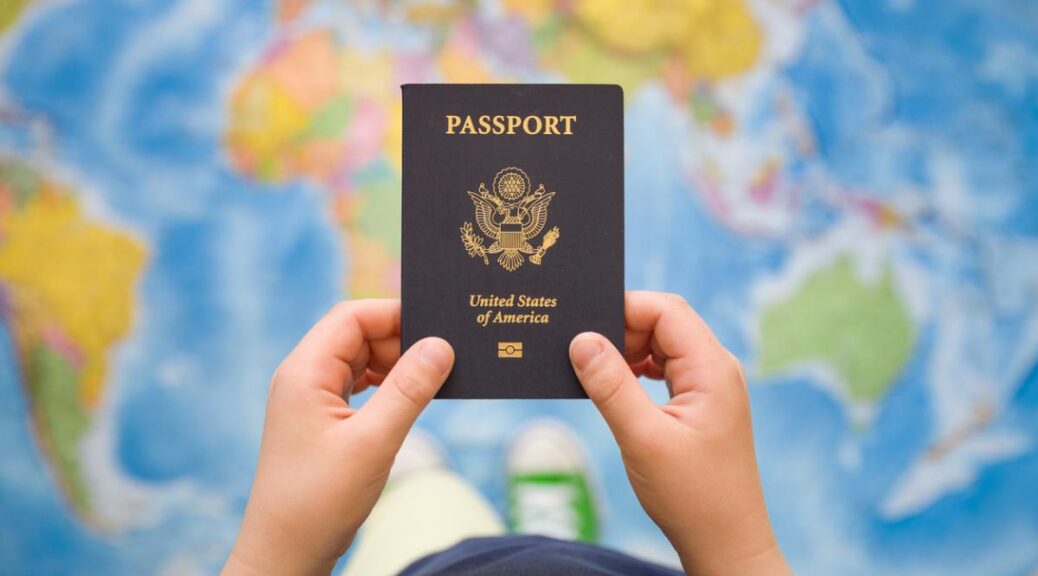Separation and divorce present numerous challenges to both parties. One of the most complex and emotional issues is dividing property. When both spouses have an attachment to the family home, this debate can become heated and fractional. What if one party wants to keep the family residence after a divorce? Or what if both parties wish to keep it and live in it?
California Family Law Specialist Judy L. Burger is well-experienced in Property Division matters relating to divorce. She can work with various specialists to determine the best course of action and your legal rights. Her team can also represent you in property division hearings and other divorce proceedings in the Family Courts when a family residence is in question.
California Property Division Law
California law follows the doctrine of community property in that any debts or assets owned by a married couple are jointly owned (community property). Therefore, each spouse has an equal interest. In a divorce, community property should then be divided 50/50 between the spouses. However, the family home may or may not be considered community property under state law.
The home may be considered community property if:
- The home was purchased with earnings from both spouses.
- Both spouses obtained a mortgage for the home while married.
- Both spouses contributed earnings to pay the mortgage and/or upkeep of the home.
The family residence may be considered separate property if:
- One spouse already owned the home before marriage.
- The home was gifted to one spouse before or during the marriage.
- Only one spouse provided for the mortgage or upkeep of the home.
However, separate and community property can easily become commingled in a marriage. Over time, a married couple can acquire a community interest in the home through numerous actions and investments.
Conversely, other parties can acquire an interest in the home as well. Any mortgage lender you owe will hold an interest. If you jointly own the home with a third party, such as a family home passed down to one spouse but in another person’s name, this person has an interest and legal rights. You may have also used your home as collateral for a business loan. If so, the business in question may have an interest and rights as well.
So, Who Gets the House?
The question of who gets the family residence in a divorce is never simple. As you see above, numerous factors and scenarios can come into play. Separated or divorcing spouses have some options for settling the question:
- Agreeing on Separate Property: The couple agrees that the home is the separate property of one spouse. This must be verified by a court order to become official.
- Negotiating a Living Agreement: The couple can agree on who maintains ownership and lives in the house. However, any joint agreement you reach must be ordered by the court to make it official.
- Spousal Buyout: One spouse agrees to buy out the community property interest of the other spouse. An independent appraisal is necessary and the court must agree to this arrangement.
If the couple cannot agree, the Family Court will turn to California’s property division laws to make orders. In the case of separate property, the home belongs to the spouse who owns it. When the home is declared community property, the court may order the following solutions:
- Sell the Home: The family home is sold and the proceeds are divided equally among the parties holding an interest or according to the courts division (if any separate property interest is determined).
- Buyout: One spouse is allowed to purchase the other’s community property interest and becomes the sole owner of the home.
- Deferred Sale: If a couple has minor children at home, the couple may remain joint owners but allow the custodial parent to live in the home with the children. This can often make a divorce easier on younger children. After a specified time, the home is sold and the proceeds are divided.
Get Seasoned Representation for CA Property Division
Numerous factors can arise in any property division during a divorce, so you need seasoned legal representation and counsel to protect your interests. Family Law Attorney Judy L. Burger is a skilled negotiator and vigorous defender of your rights. She has the knowledge and experience in family law to handle difficult or complex property settlements on your behalf.
Contact one of our offices throughout California today to get help with difficult property division questions in a divorce.











